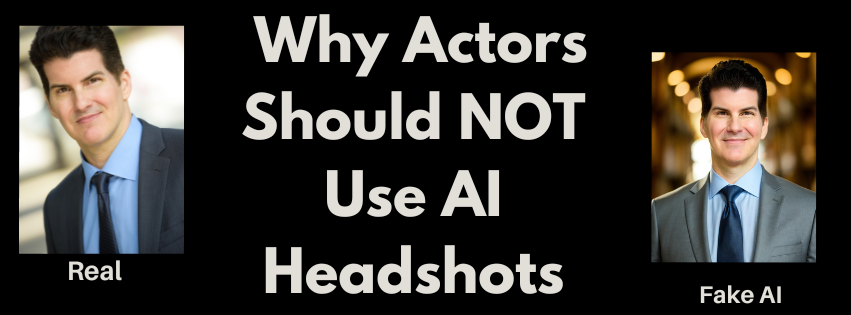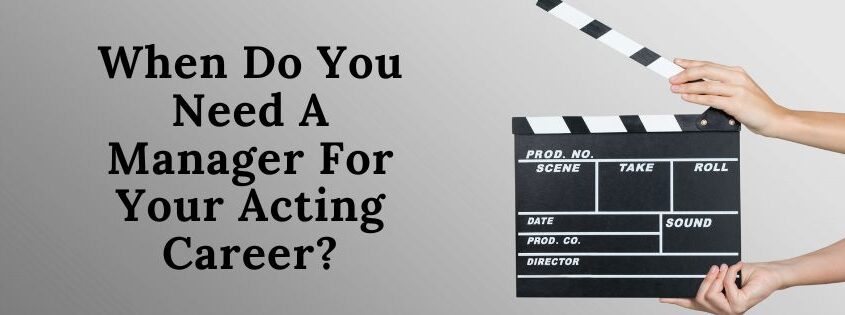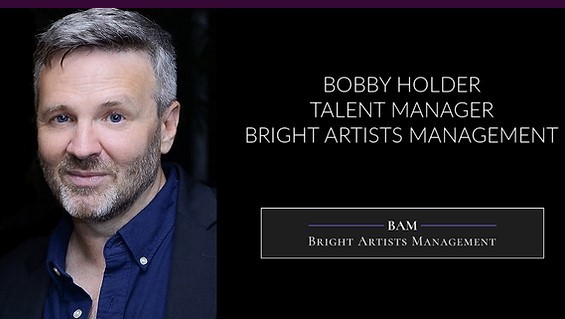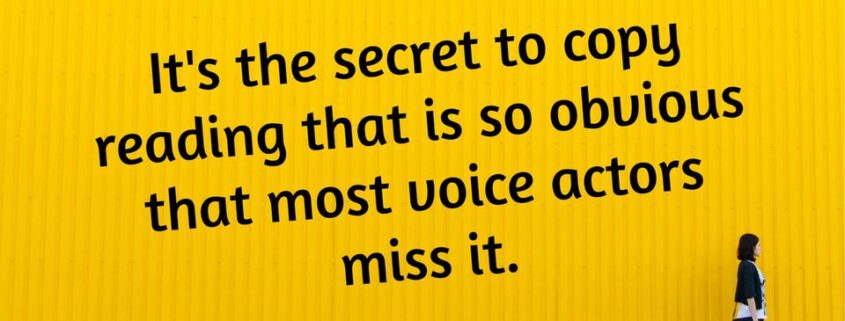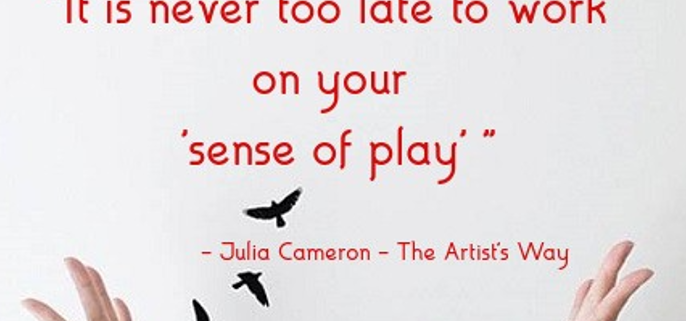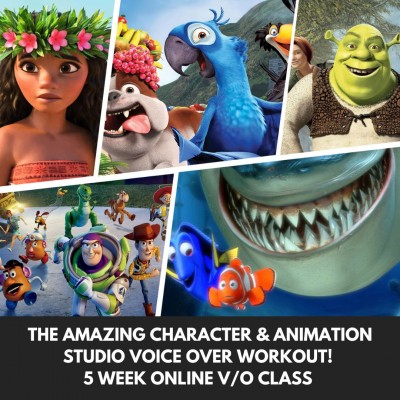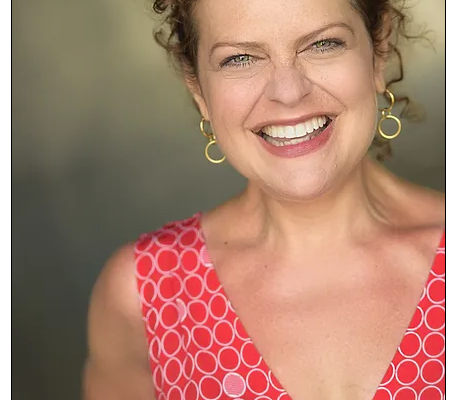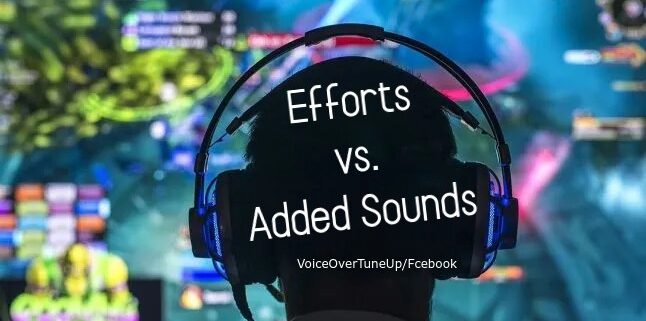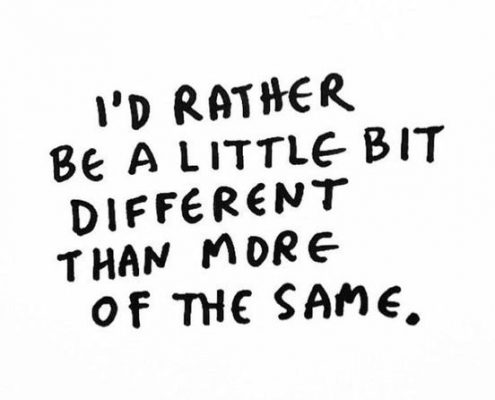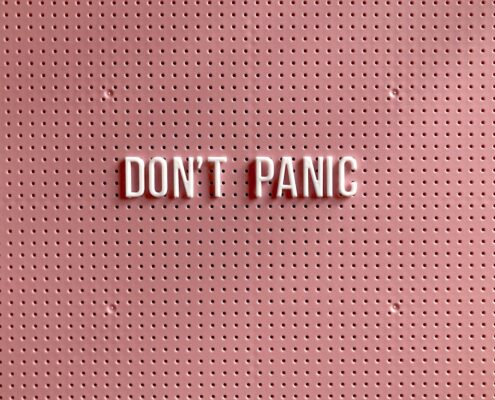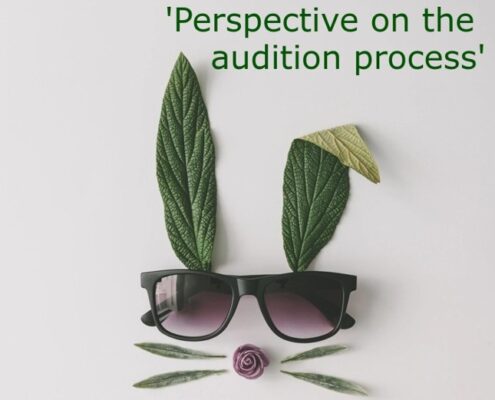Why Actors Should NOT Use AI Headshots
I usually check Facebook once per day and I noticed a new ad for AI Headshots. Curious, I clicked on the link to see exactly what it was and was surprisingly impressed by the wide variety of images and positive reviews that I was seeing as the headshots didn’t look fake to me. And the price was amazing-from $10 to $59. And wow, all I had to do was upload some selfies, pick some style examples that I liked and this AI service would generate new headshots for me in about 2 hours. What could possibly go wrong?
So as an experiment, I decided to see what it would generate for me. I went with their most expensive package of $59 and for full disclosure, I loaded up some of my current headshots and some selfies. The service then asked me to pick the selfie that best caught me which I did. From there I submitted and let it get to work.
About 2 hours later, I received an email letting me know that my new headshots were ready. Excited, I clicked on the link to the page and started checking them out.
My first reaction though was: “These look fake.” There were really odd distortions in some of the pics from face to teeth to body not matching up as well as clothing being off with ties blown out or lights in odd places. Elongation was a huge issue in a lot of the pictures. I looked demented in some of them and my face was being put on bodies that were not mine.
But as I scrolled through the 100+ shots, I did see a few that looked good to me on my smart phone. So just like a headshot session and not all of them can be winners, I decided I would look at the ones I liked when I got home on my computer.
Once I did though, my thoughts were: “These look too perfect.” And to confirm, I sent them to a few friends who instantly asked: “Are these AI?”
They also all agreed that I should not use them. One of my friends vehemently stated: “They look fake! You look fake! You’re not fake, Tony!”
I agreed with him and again let him know this was just an experiment and I had no intention of using them.
As actors, we MUST be authentic and it starts with who we are as human beings. How we interact and treat others around us, how we live our lives and what we draw upon as artists to then bring this into our work. If you’re faking it, it’s going to show as both a human being and as an actor. That’s why you have to show the TRUE YOU in your work, in your headshots, in your clips/demos and auditions. Trying to save a buck or your time isn’t worth creating a FAKE you to then use as your brand. It has to be the authentic YOU in every facet of your acting career. While AI provides some useful tools, this is not one that actors should be using.
My conclusion: Actors, DO NOT use AI headshots. Take the time to find the right headshot photographer, plan your photo shoot, your wardrobe and looks and get in front of the camera and love every second of it getting your new, AUTHENTIC headshots.
There is one positive that came from this experiment, I did actually love some of the looks as far as the wardrobe styles that I’m totally stealing and going to implement into my wardrobe. For that, my $59 was worth spending as it showed me how I would look in some colors and styles that I might not have picked for myself.
I’d love to hear your thoughts about this experiment in the comments.
Tony Nation is a professional actor who has worked in all areas of Showbusiness. You can currently see him on HBO’s THE REHEARSAL in the pilot episode, in season 3 of THE MARVELOUS MRS. MAISEL and in an upcoming animated feature film.

